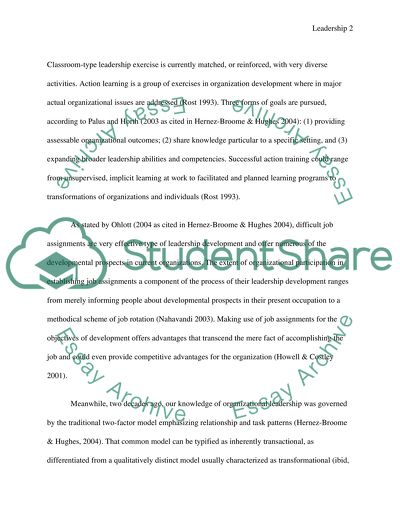Cite this document
(“The Future of Leadership Essay Example | Topics and Well Written Essays - 1000 words”, n.d.)
Retrieved from https://studentshare.org/social-science/1406380-the-future-of-leadership
Retrieved from https://studentshare.org/social-science/1406380-the-future-of-leadership
(The Future of Leadership Essay Example | Topics and Well Written Essays - 1000 Words)
https://studentshare.org/social-science/1406380-the-future-of-leadership.
https://studentshare.org/social-science/1406380-the-future-of-leadership.
“The Future of Leadership Essay Example | Topics and Well Written Essays - 1000 Words”, n.d. https://studentshare.org/social-science/1406380-the-future-of-leadership.


